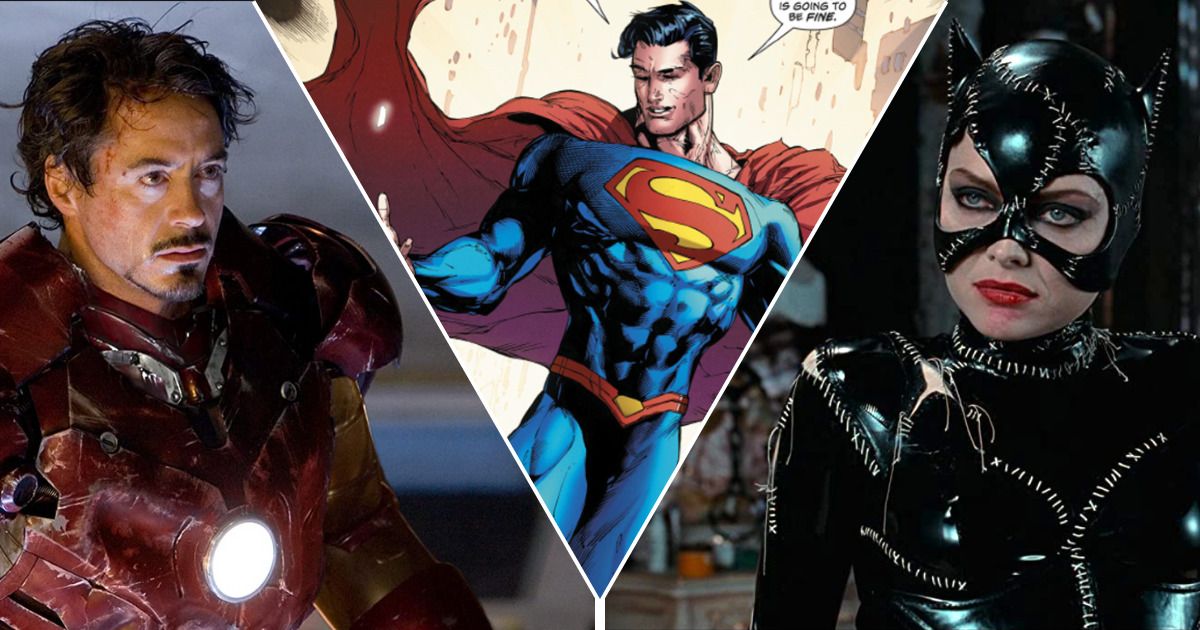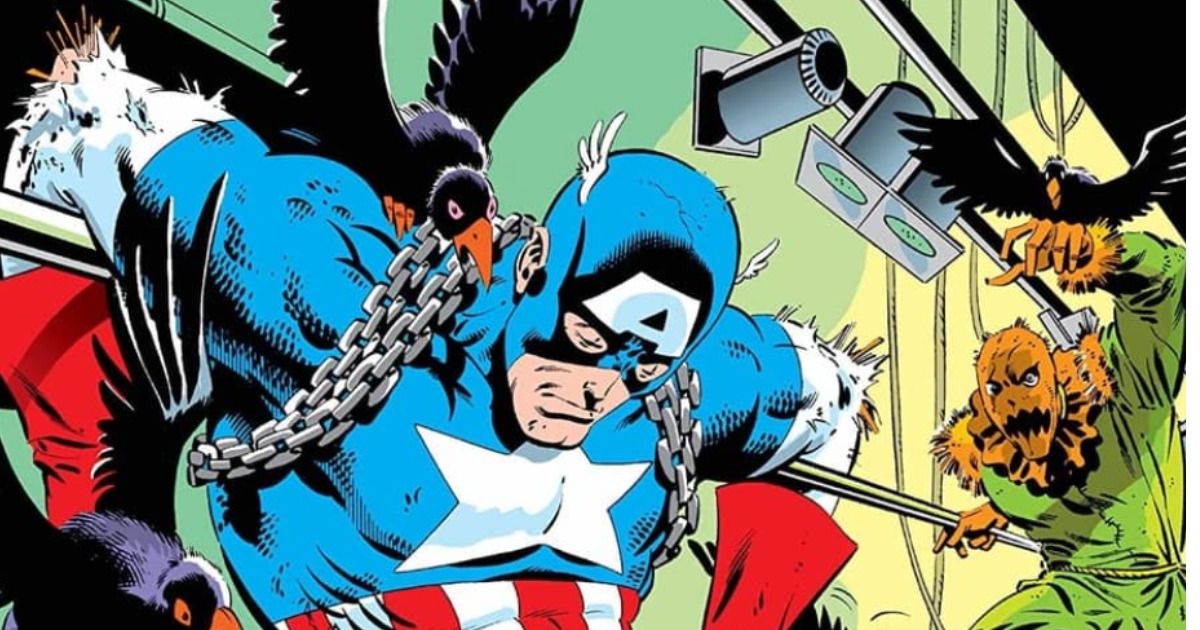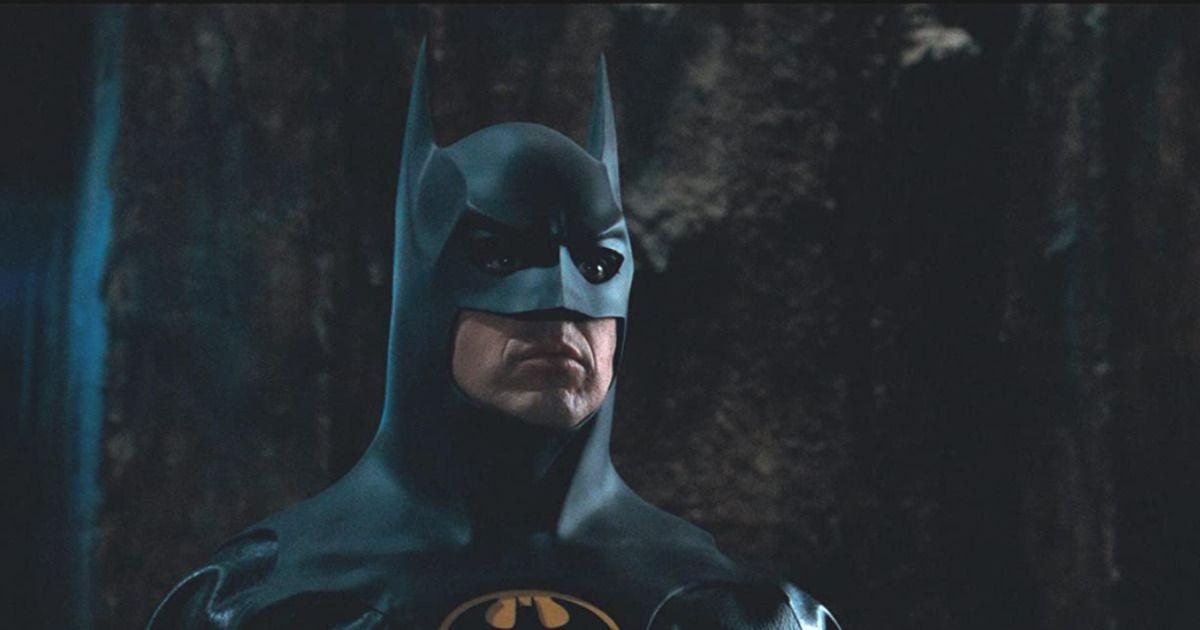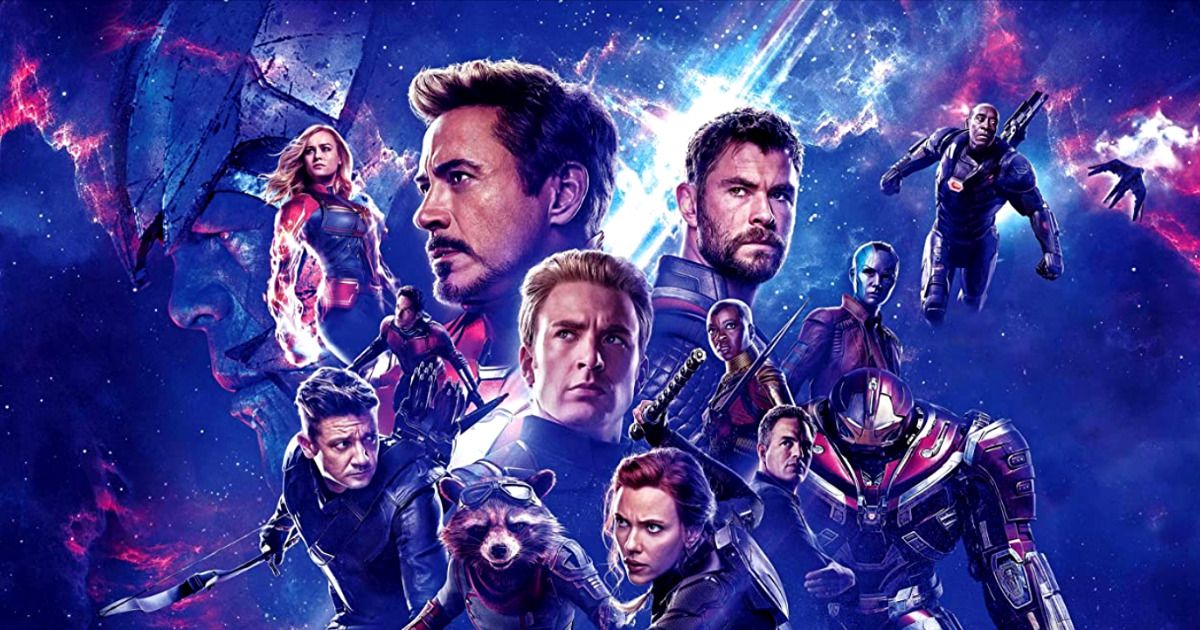With their captivating stories, unique abilities, and colorful characters the superhero genre has captivated moviegoers worldwide. Action Comics Volume 1 introduced Superman to the world, and since then the superhero genre has seen tremendous growth in popularity both in comic books and on the big screen. In recent times, the genre's success has been propelled to new audiences worldwide with TV shows and cinematic universes.
The evolution of the genre has been a fascinating journey, superheroes have gone from the pages of comic books to the big screen with sprawling universes of Marvel and DC taking the genre to new heights and pushing the boundaries of what's possible with superhero movies. The superhero genre has seen a significant change, from its early days when superheroes were crime-fighting two-dimensional characters to the complex and multidimensional heroes of today.
In this article, we explore the journey of the superhero genre from its humble beginnings to its current position as a cultural juggernaut.
Superhero Origins
The two earliest superhero characters that gained a following among readers with their larger-than-life stories were Superman and Batman which were created in the late 1930s and early 1940s. These early characters were seen as a force for good, often portrayed as crusaders for justice, fighting corruption and evil forces in their cities to ensure peace and harmony. Superman created in 1938 by Joe Shuster and Jerry Siegel was an instant hit with comic book readers because of his invincibility, speed, and superhuman strength. Bob Kane and Bill Finger created the popular character Batman in 1939, a superhero with a flamboyant persona who relied on his intelligence and martial arts skills to fight crime in Gotham City.
Early superhero characters such as these, had a significant impact on pop culture and inspired a whole new genre of comics and imitators. New characters with different abilities and superpowers like Captain America which was inspired by the ongoing conflicts around the world and female superheroes were introduced by comic book publishers.
The 1950s and 1960s saw superheroes come to people's homes in the form of TV shows. The Adventures of Superman created by George Reeves became a fan favorite and paved the way for superhero shows at the time. The shows were characterized by action, humor, and drama which was popular among the masses, this led to the genre reaching a wider audience beyond comic book readers and helped the genre get greater recognition.
The Rise of the Superhero Movie Genre
With their immense popularity among the masses Superman and Batman were the first superheroes to make it to the big screen. Superman (1978), Superman II (1980), and Batman (1989) were among the popular movies of that time, but they were not critically acclaimed as the genre was still in its infancy. However, Richard Donner's Superman was a crucial film that played an important role in superhero movies being taken seriously and it set the stage for future superhero movies.
Tim Burton's rebooted Batman movies, Batman (1989) and Batman Returns (1992) in the late 1980s and early 1990s were more serious than the previous movies and focused on darker aspects of being a superhero which humanized superhero in the eyes of the audience. The Batman franchise helped pave the way for more complex superhero movies with realistic backstories that would later become a cornerstone of the genre. Spider-Man and X-Men were two massively successful superhero franchises that emerged at the turn of the century that cemented superhero movies aa a box office hit and paved the future of such movies in Hollywood.
The Dawn of the Cinematic Universe
Since its origins in comic books, the superhero genre has seen a remarkable transformation. It wasn't until the release of Iron Man (2008), now considered the first movie of the Marvel Cinematic Universe (MCU) that the full potential was realized. The MCU showcased how superheroes' stories can be told in ways that had never been done before in the history of the genre.
Marvel Studios with the idea of creating an interconnected universe that spans many films and was not limited to a single superhero, created a bigger picture that audiences had never seen. Each of the 31 MCU movies fits into a much larger narrative that left fans anticipating after each film how will this film culminate with the past films and what will the movie's ramifications be on the subsequent films.
The MCUs success has not only left audiences in awe but also attracted the attention of major movie studios. Marvel's main rival DC Comics has created its own DC Extended Universe (DCEU), while it has had its ups and downs, it goes to show how much of an impact the MCU has made on the genre as a whole.
The superhero genre has now become a cultural phenomenon entertaining millions of people around the globe. The genre has left an indelible mark on pop culture since its early origins. As for the future one thing is certain the genre is here to stay and audiences can expect larger-than-life exciting stories for years to come.




